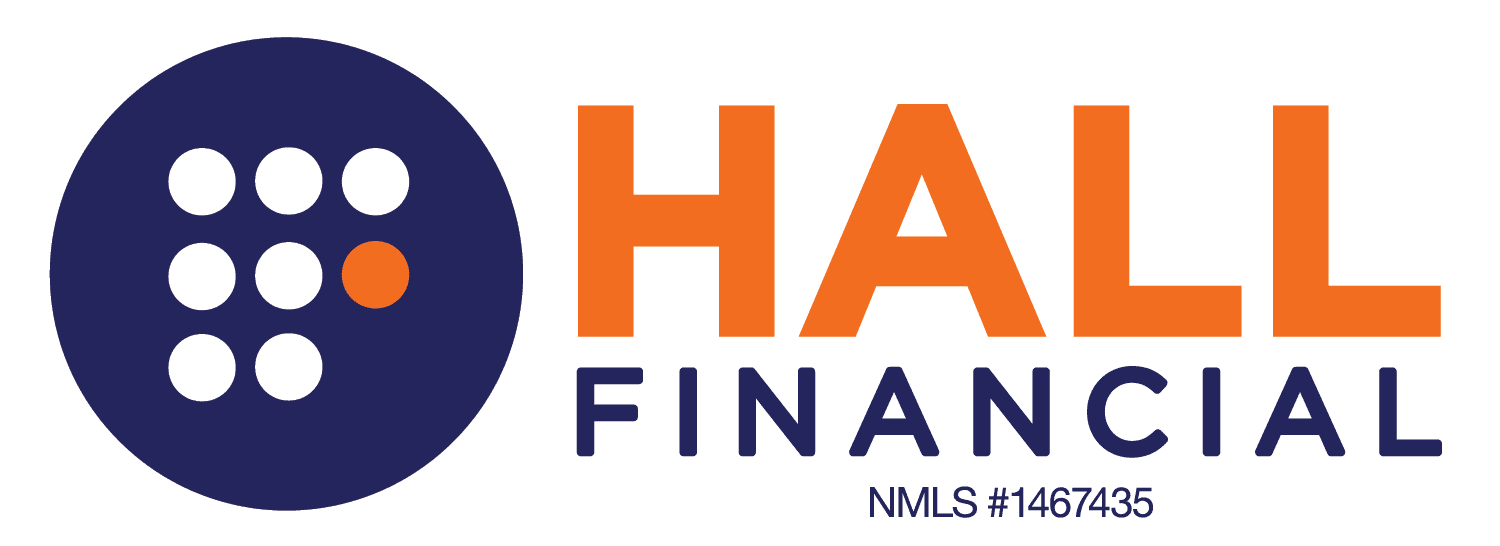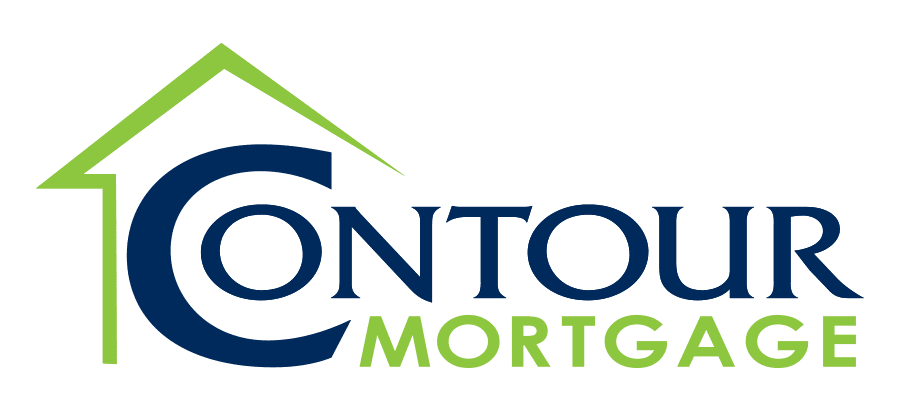- Available everywhere except HI, NY, & DC.
- Expert guidance to navigate complex financial decisions.
- Fast, efficient process from application to closing.
- Flexible loan options to fit every lifestyle.
- Personalized support every step of the way.
As if scraping together a down payment wasn’t already a big enough task, you also have to cover closing costs when you buy a home.
Closing costs add thousands of dollars to the out-of-pocket cost of purchasing a home. You can either pay closing costs upfront or do a zero closing cost loan.
There are pros and cons to both, but which is the better strategy? It all depends on your personal circumstances.
Let’s dive into the details of closing costs, how much they are, how much you can save, and if a zero closing costs loan can help you.


- Lending in MI, OH, TN, FL, CO, MN, & PA
- Quick responses, so you’re never left waiting.
- Loan Options designed to fit your financial goals.
- Simple Application Process with Clear Communication
- Over 7,000 Five Star Reviews

- Available in CA, FL, GA, IL, MD, PA, and TX
- Expertise & Guidance
- Credit Assistance
- Trust & Transparency
- Affordable Lending Options

- available in AL, CA, CO, CT, FL, GA, IL, MA, MD, MI, MN, NC, NJ, NY, OH, PA, SC, TX, VA, WA
- Simple application
- Quick decisions
- Common sense underwriting
- Fast closing period
How Much Are Closing Costs?
Closing costs vary by region but generally range between 2%-5% of the mortgage.
If the loan amount is $200,000, and closing costs are 2.5%, then the total cost will be $5,000. For first-time homebuyers, an extra $5,000 may be a burden on top of a down payment and other fees.
This percentage range we used depends on your lender and the location of the sale. For example, residents in Washington DC paid nearly $30,000 in closing costs for their homes, including taxes. Whereas in Missouri, buyers only paid $1,571 in closing costs on average, including taxes.
In 2020, the average cost of closing across all states was $6,087 including taxes.
It’s important to understand that closing costs are not actually based on a flat percentage fee. Instead, they’re comprised of fees that fall somewhere between the 2%-5% range. Our use of percentages for closing costs is simply to avoid a lot of tedious math calculations.
Your closing costs depend on your loan. Some require that you pay the property tax with closing costs. If you’re moving somewhere with higher property taxes, plan to spend a significant amount on closing.
Closing costs cover a wide variety of fees commonly including:
- Application fee
- Appraisal fee
- Title search
- Title insurance
- Attorney fees
- Survey
- Home inspection
- Flood certification
- Recording fees
- State/county/municipal mortgage taxes
- A host of lesser fees
What is a Zero Closing Costs Loan?
A zero closing costs loan is often referred to as lender-paid closing costs. This could also be referred to by your lender as premium pricing. It involves the lender charging you a higher interest rate in exchange for paying the closing costs on your behalf.
This means that you don’t have to pay closings costs upfront but they’re rolled into your monthly mortgage payment, in the form of higher interest.
Lenders can pay 1% of the loan amount toward your closing costs. In exchange, the interest on your loan increases by about 1/8% (or 0.125%), though it could be as high as 1/4% (or 0.25%) at certain price points.
>> MORE: Compare Loan Options and Mortgage Rates
Let’s say that you are taking a $250,000 mortgage that will require a $5,000 closing. You don’t want to pay those closing costs upfront, so you ask the lender for a zero closing cost loan.
The lender increases your interest rate by 0.25%, resulting in a 3.5% rate, rather than the popularly advertised rate of 3.25%.
In exchange, they will cover closing costs equal to 2% of the new mortgage amount. This will cover the entire $5,000 closing costs that need to be paid on the new loan.
Pros and Cons of a Zero Closing Costs Loan
The advantage of a zero closing costs loan is that it will reduce the amount of cash needed to close. If you’re already maxed out on your homebuying budget, zero closing costs could be a relief. If you do have the money, it could be used elsewhere.
More Money for Downpayment
Without having to worry about closing costs, you could put that cash into your down payment instead. This gives you more equity and could help you avoid paying Private Mortgage Insurance (PMI) if your original down payment was below 20%.
Higher Interest Rate
The downside to a zero closing costs loan is that you’ll have a higher interest rate on your monthly payment. You could end up paying more in interest over time than if you just paid the initial closing costs yourself.
Penalties
In addition, some lenders may add a prepayment penalty provision to discourage you from refinancing before they make their money back.
As with anything, there isn’t necessarily a “one-size-fits-all” answer to which strategy is better. First-time home buyers, for example, could benefit more from lower costs upfront than someone who is already an established homeowner.
Pros and Cons of Paying Closing Costs Upfront
Many homebuyers account for them ahead of time, but they could end up being much more than you planned for. Fortunately, there are some upsides to paying all of your closing costs upfront.
Lower Interest Rates
The advantage of paying closing costs upfront is that you will get the lowest interest rate available.
Continuing the example from above, if you need a $250,000 mortgage, and you take the low rate of 3.25%, your monthly payment is $1,490 on a 30-year fixed-rate mortgage.
If instead, you go with a zero closing costs loan, with an interest rate of 4.0%, the monthly payment on a $250,000 mortgage is $1,516 on a 30-year fixed-rate mortgage.
Paying the closing costs upfront will save you $26 per month, or $312 per year.
Now if you want to determine the advantage mathematically, you can divide the amount of the closing costs you need to pay by the amount of money you will save each year:
$5,000 / $312 = 16
This calculation shows that the benefit of paying the closing costs upfront and getting the lowest rate will not work to your advantage until the loan has been in place for 16 years.
This is the con of paying your closing costs upfront. The benefit of taking the lowest interest rate won’t be realized for 16 years.
If you think you’ll either sell the property or refinance it in less than 16 years, you may be better off going with a zero closing cost loan.
Mortgage Points
There are also mortgage points to consider. Sometimes called “discount points” or “buying down your rate,” mortgage points are an optional fee paid at closing that equal 1% of your loan.
What this really means is that you could pay some of the interest on the loan upfront in exchange for a lower interest rate over the life of your loan. Each point that you pay will lower your interest rate by about 0.25%. That may not sound like much but let’s look at some numbers.
If your loan amount is $200,000 and your default interest rate is 3.75%, paying $2,000, or one point, could reduce that rate to 3.5%. Paying 2 points worth, or $4,000, could lower it down to 3.25%. This could save you between $25 and $54 per month on your payment.
Do You Want to Pay More Upfront or Down the Road?
Whether you should pay the closing costs up front or do a zero closing cost loan really depends on what’s more important to you.
Do you want the absolute minimum interest rate and monthly payment, potentially saving you a few hundred dollars each year? Or do you want the absolute minimum amount of cash due at the time of purchase?
You should also do the calculation dividing the closing costs by the annual amount of savings on the interest rate demonstrated earlier. And once again, if you expect that you will either sell the property or refinance in less than the number of years indicated, you may want to go with the zero closing cost option.
How to Accomplish Both Goals
As luck would have it, you don’t have to choose between either paying the closing costs upfront or doing a zero closing cost loan – there is a third option.
That is to have the property seller pay the closing costs. Under that arrangement, you can get the lowest interest rate possible, and still not have to pay the closing costs upfront out of your own resources.
The seller may cover the real estate agent commissions and possibly other fees. You could also ask them to cover things such as the cost of an appraisal and any home inspections.
If you have a buyer’s agent, who is regulated to work in your best interest, they help you negotiate which closing costs you pay.
Under current mortgage regulations, the seller is permitted to pay your closing costs up to a certain limit, depending on your loan type:
- FHA mortgages: Seller can pay up to 6% of the purchase price of the property toward closing costs.
- VA mortgages: The seller can pay up to 4% for closing costs.
- Conventional mortgages: The seller can pay up to 3% of the purchase price or the value of the property if the mortgage amount exceeds 90% of the property value or 6% if the mortgage is less than 90% of the property value.
Additionally, you can negotiate closing costs with your lender. You will need to ask for a loan estimate form that will itemize all of the fees included in your loan. Lenders are required to provide this for you within three days of your loan or refinance application submission.
This is something to keep in mind when you’re shopping for lenders too. Make sure to get a loan estimate form for each one you’re considering so that you can compare costs.
Again, there is no one option that is the best for everyone. When it comes to closing costs, you actually have three options:
- Pay the closing costs upfront and get the lowest interest rate.
- Pay a higher rate and have zero closing costs.
- Or have the seller pay the closing costs, allowing you to get the lowest interest rate without having to pay closing costs.
When You’re Ready, My Perfect Mortgage is Here for You
Now that you understand more of what to expect upon closing, perhaps you’re considering beginning your own homebuying journey.
Get the perfect mortgage by letting My Perfect Mortgage find the right lender for you.
Choosing between a zero closing costs loan and paying closing costs upfront is just one of the many decisions you’ll have to make when you’re buying a house.
Let My Perfect Mortgage take one decision off your hands. With our expert resources and database of experienced mortgage lenders, we can find the perfect one for you and your situation.
Our advice is based on experience in the mortgage industry and we are dedicated to helping you achieve your goal of owning a home. We may receive compensation from partner banks when you view mortgage rates listed on our website.
